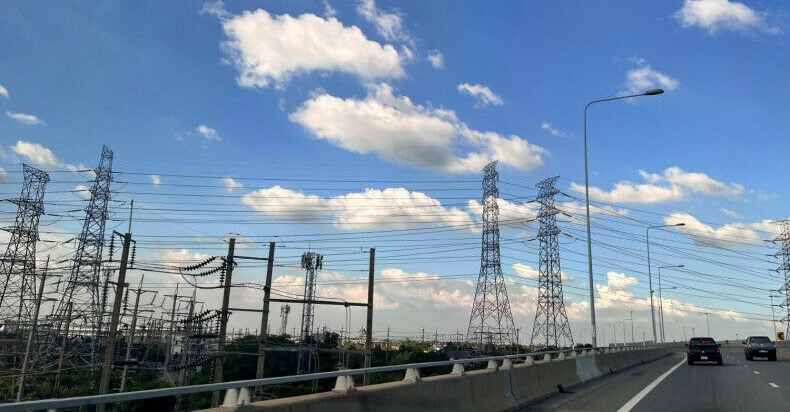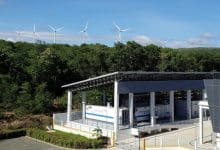Thailand’s nuclear power plan delayed amid policy uncertainties

Thailand is preparing for the integration of nuclear power technology but the implementation of the new power development plan (PDP) for small modular reactors (SMRs) is experiencing delays.
The PDP, effective from 2024 to 2037, has yet to be enforced, involving collaboration between the Energy Regulatory Commission and the Office of Atoms for Peace on nuclear power and electricity management.
SMRs, as defined by the International Atomic Energy Agency, are nuclear power units with capacities of up to 300 megawatts, approximately a third of traditional nuclear reactors.
The Royal Gazette outlined that the Office of Atoms for Peace will address nuclear safety while the Energy Regulatory Commission will focus on energy security and grid systems. Discussions on legal matters and SMR technology are anticipated between the two entities.
An energy official, who chose to remain anonymous, suggested that the government would not advance the SMR project until the agencies establish a clearer nuclear power strategy. The official noted that policymakers should be responsible for public announcements regarding SMR development.
The PDP includes the development of two 300MW SMRs, potentially operated by the Electricity Generating Authority of Thailand, towards the latter part of the plan. However, changes in SMR development might occur if alternative clean fuels and technologies with lower carbon emissions become available.
The PDP aims to increase clean power usage, including nuclear, with renewable energy expected to account for 51% of fuel use by 2037, up from 20% at the end of 2023. Coal and gas are projected to decrease to 48% from nearly 80% in early 2024, with nuclear energy and new solutions contributing 1%, reported Bangkok Post.
Despite passing a public hearing, the PDP is delayed due to disagreements among energy experts. Critics argue that the renewable energy target is inadequate for reducing carbon dioxide emissions and that the forecasted long-term power demand imposes excessive investment burdens on the government.
Latest Thailand News
Follow The Thaiger on Google News:


























